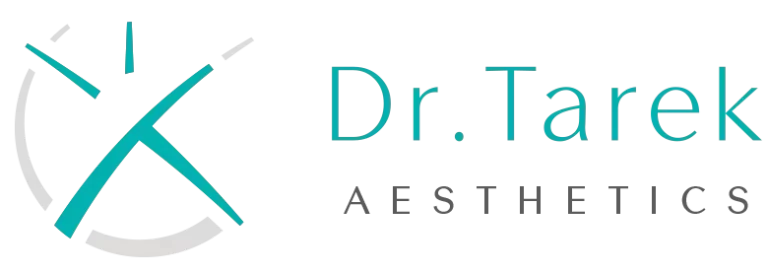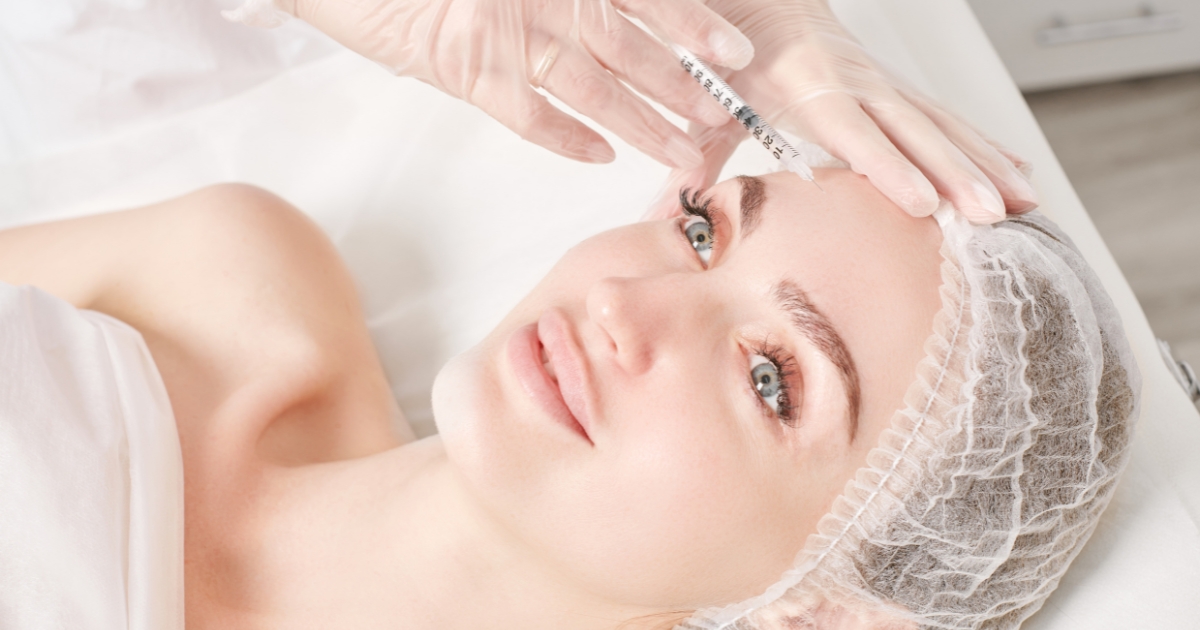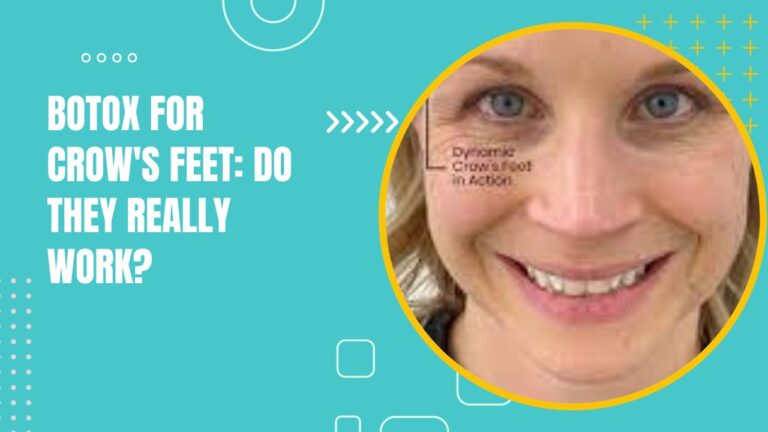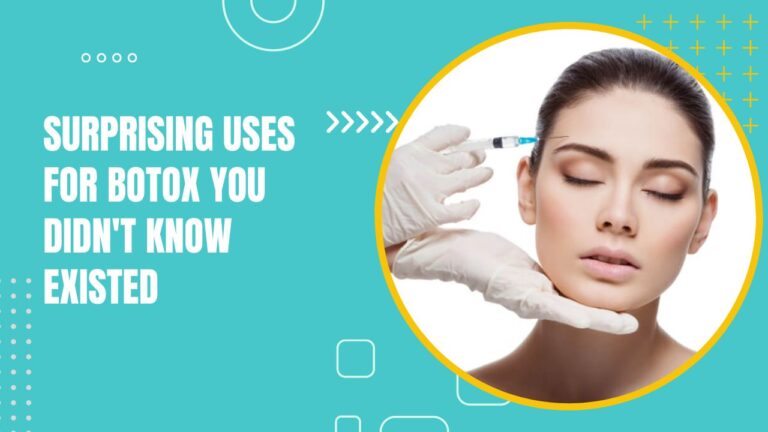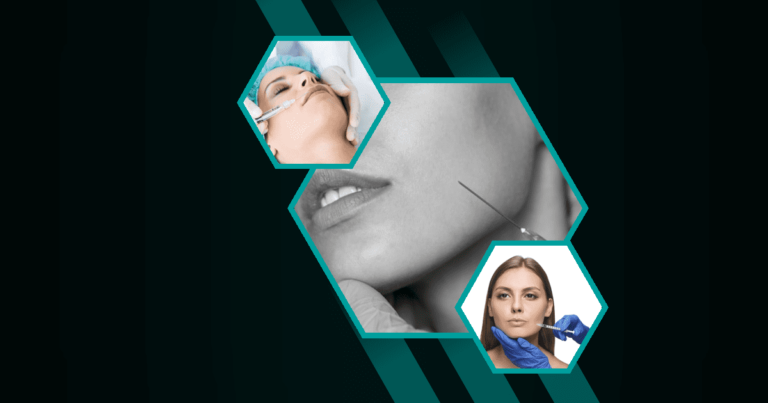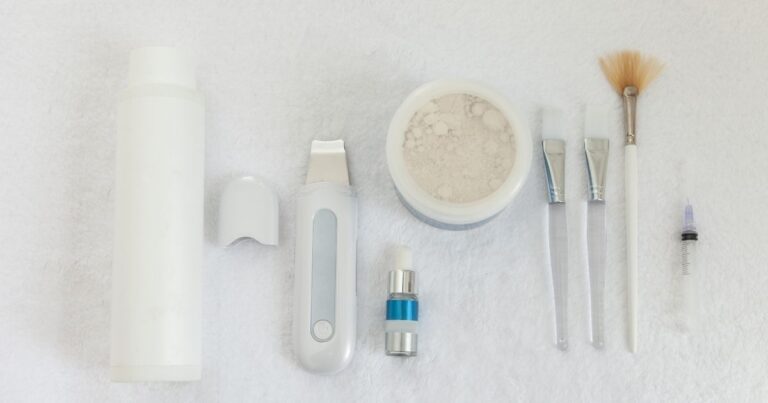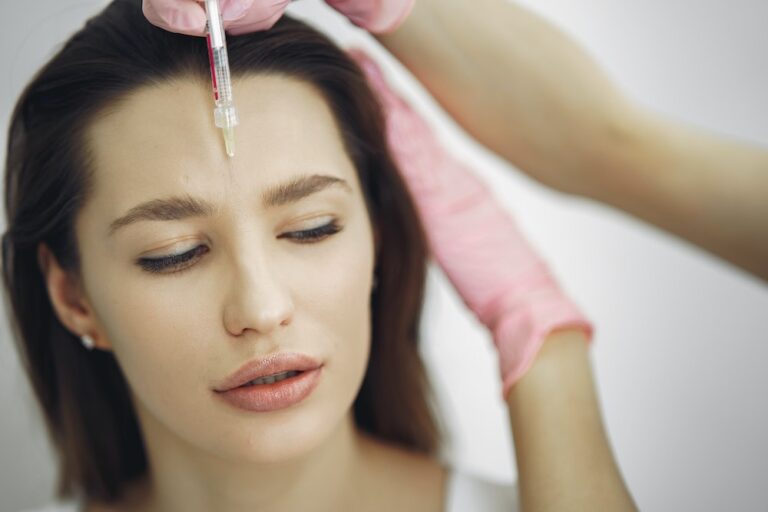Botox and Dysport are popular treatments people use to help smooth wrinkles. They might sound fancy, but they do a similar job. Our guide, “Botox vs. Dysport”, will examine how they are alike and different. So, if you’re curious about these treatments, keep reading!
Introduction to Botox vs Dysport: The Leading Neurotoxins
Botox and Dysport are renowned neurotoxins in aesthetic medicine to reduce wrinkles and fine lines. Both substances work by temporarily paralysing the targeted muscles, preventing them from contracting. This paralysis results in a smoother appearance of the skin, reducing the visibility of wrinkles.
- Botulinum Toxin Type A– It is the active ingredient in both Botox and Dysport
- FDA Approval- Botox was approved in 2002, and Dysport in 2009 for cosmetic use
- Global Acceptance– Recognised worldwide for their anti-ageing benefits
- Popular Procedures– Among the top non-surgical cosmetic treatments globally
- Consistent Growth- Their use has steadily risen over the past two decades
- Varied Applications– Beyond aesthetics, they’re used for various medical conditions
Historical Background: The Evolution of Wrinkle Treatments
The history of wrinkle treatments dates back centuries, from natural remedies to the advanced medical procedures available today. Botox and Dysport have revolutionised the cosmetic industry since their introduction. Their development has been a game-changer, offering non-invasive solutions to ageing concerns.
- Ancient Civilisations- Early wrinkle treatments included herbs and oils
- 20th Century– Emergence of surgical facelifts
- Late 20th Century- Discovery of Botulinum toxin’s cosmetic potential
- 21st Century– Rise of non-surgical anti-ageing treatments
- Continuous Research– Efforts to improve efficacy and safety
- Diverse Offerings– Introduction of varied neurotoxins and fillers
Composition and Active Ingredients: What Makes Them Work?
Both Botox and Dysport primarily contain Botulinum Toxin Type A. This protein compound, when injected in small amounts, inhibits muscle activity, preventing nerve signals from reaching muscles. The difference in their composition lies in the protein molecules’ size and formulation, which can influence their diffusion and onset of action.
Book A Consultation With Dr Tarek Bayazid
Top-rated Plastic Surgeon For Botox in Dubai
Installment Plan Available
- Botulinum Toxin- A natural protein that blocks nerve signals
- Molecular Structure– Differences affect their spread and efficacy
- Carrier Proteins– Influence their longevity and immune response
- Dilution– Varies between the two affecting dosage
- Onset Time- Dysport may act quicker in some cases
- Duration– Effectiveness can last 3 to 6 months, depending on the individual
Treatment Areas: Where Can You Use Botox and Dysport?
Botox and Dysport provide treatments suitable for various facial regions. Common areas include the forehead between the eyebrows and around the eyes. While both can be used interchangeably for some areas, one might be more suitable depending on the desired result.
Dr Tarek can provide the treatments for:
- Forehead Lines– Horizontal lines caused by raising eyebrows
- Crow’s Feet- Wrinkles around the eyes from smiling or squinting
- Glabellar Lines– Between the eyebrows, often called ‘frown lines’
- Bunny Lines- Wrinkles on the sides of the nose
- Lip Lines– Vertical lines above the upper lip
- Chin Dimpling– Reducing the appearance of an ‘orange peel’ chin
Botox vs. Dysport – Efficacy and Duration: How Long Do Results Last?
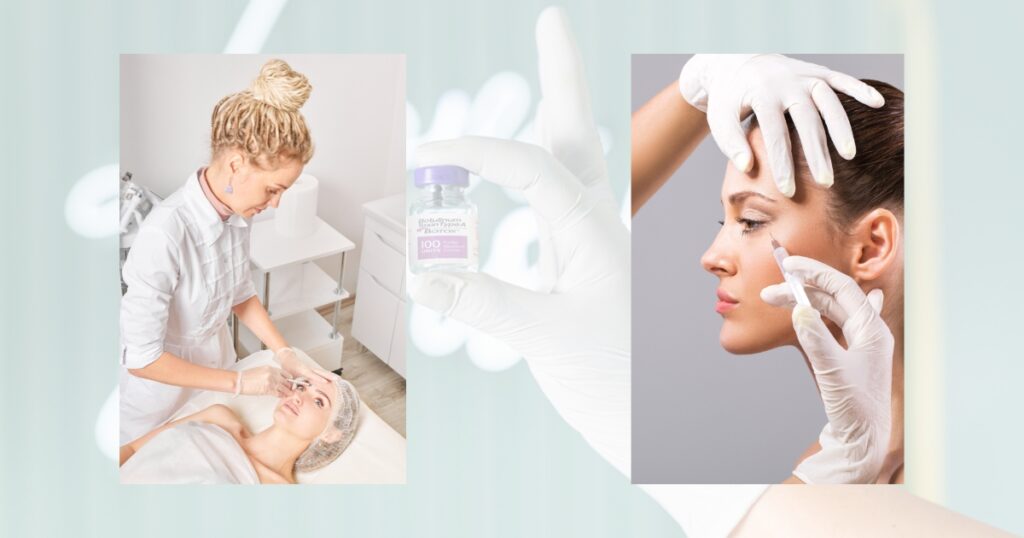
The efficacy of Botox and Dysport largely depends on the individual’s skin type, muscle activity and metabolism. Generally, results become noticeable within a few days and can last between three to six months, but regular maintenance treatments can prolong the anti-wrinkle effects.
| Feature | Botox | Dysport |
| Immediate Results | 3-7 days post-treatment | Often quicker |
| Peak Performance | 2 weeks post-injection | Varies |
| Maintenance | Every 4-6 months | Every 4-6 months |
| Duration | 3-6 months | 3-6 months |
| Individual Variation | Present | Present |
| Factors Influencing Longevity | Age, skin type, lifestyle | Age, skin type, lifestyle |
The table provides a comparative overview of the efficacy and duration of results between Botox vs. Dysport based on various parameters.
Potential Side Effects and Safety Concerns
While Botox and Dysport are generally considered safe, there can be side effects. Common ones include redness, bruising or swelling at the injection site. Most side effects are temporary and resolve on their own, but being informed is vital. Consulting a renowned surgeon like Dr Tarek can help you avoid these risks.
Common side effects include:
- Injection Site Reactions– Redness, bruising or mild swelling
- Muscle Weakness– Temporarily reduced strength in treated areas
- Headaches– These can occur shortly after the treatment
- Eyelid Drooping– A rare side effect, usually temporary
- Allergic Reactions– It’s essential to discuss allergies with the practitioner
- Informed Decision– Always choose a licensed and experienced injector
Cost Implications: Pricing Botox against Dysport
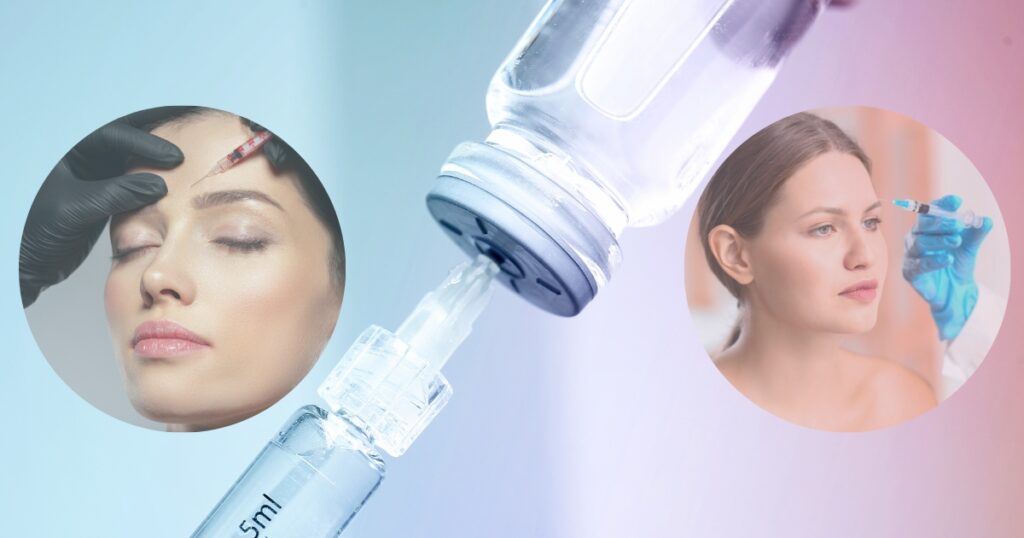
The cost of Botox and Dysport treatments can vary based on location practitioner expertise and the amount required. On average, Dysport tends to be slightly less expensive per unit, but the number of units needed might differ between the two products.
| Cost Implications- Pricing Botox against Dysport | Average Price in AED |
| Botox per unit | 150 |
| Dysport per unit | 75 |
| Botox for 11 lines | 250-300 |
| Dysport for 11 lines | 150-225 |
| Botox for crow’s feet | 200-250 |
| Dysport for crow’s feet | 150-200 |
| Botox for forehead | 250-300 |
| Dysport for forehead | 150-225 |
As you can see, Dysport is generally cheaper than Botox. However, it is essential to note that Dysport requires more units to achieve the same results as Botox. Therefore, the total cost of treatment may be similar for both products. Consulting a qualified medical professional like Dr Tarek to determine the best product for your needs is also essential.
Making the Right Choice: Which is Best for You?
Ultimately, the choice between Botox and Dysport is personal. It’s based on individual needs, desired results and potential side effects. Consulting with a knowledgeable practitioner is essential to make an informed decision tailored to individual preferences.
- Consultation– Discuss goals and concerns with a professional.
- Personal Factors- Age, skin type and desired results play a role.
- Previous Experiences- Past reactions to treatments can guide choices.
- Budgetary Considerations- Weighing costs against desired outcomes.
- Practitioner Recommendations– Trusting expert advice.
- Informed Decisions– Knowledge is the key to choosing confidently.
So, we’ve learned a lot about Botox and Dysport in our guide. Both can help make wrinkles less noticeable. When choosing between Botox and Dysport, it’s essential to think about what’s best for you. Always chat with a doctor or expert to get the right advice. They can help you pick the one that suits you best.
If you are in Dubai and thinking of getting Botox and Dysport, your search ends here, as Dr Tarek is our top pick for you.
Dr Tarek Bayazid is one of Dubai’s top plastic surgeons renowned for his mastery in facial rejuvenation and body contouring. Committed to the highest health and beauty standards, Dr Tarek offers a comprehensive range of surgical and non-surgical treatments.
- Member of the International Society of Aesthetic Plastic Surgery (ISAPS)
- Holds memberships in the Serbian Medical Chamber
- Licensed by both the Serbian Medical Board and Dubai Health Authority (DHA)
- An active member of MAFAC mentored by the esteemed Dr Mendelson
Book a Consultation with Dr. Tarek Bayazid today and experience his artistic approach to aesthetic medicine firsthand.
